When your feet are really sweaty you may suffer from hyperhidrosis. Hyperhidrosis affects people on their hands, feet, and faces producing an abnormally high amount of sweat on a regular basis.
In this case it could be that commercial, over-the-counter antiperspirants or natural home remedies just don’t work.
You may have tried foot soaks, Certain-Dri or Sweat Block and even doctor-prescribed antiperspirants such as Drysol containing 20% aluminum chloride hexahydrate solution, to no avail.
Most of the several home remedies to help ease the symptoms of this condition, have the same method of action (potency varies per remedy) namely an astringent action. However, if your feet still sweat excessively this may interfere with your work and social activities.
If this is the case more serious, invasive and aggressive treatments may be required to effectively prevent hyperhidrosis. Your doctor will assess if there’s an underlying cause and start treatment. You could be referred to a dermatologist too.
In order to inform you on your options, here are three effective, common treatments for severe hyperhidrosis of the feet.
Iontophoresis
Iontophoresis is done with a device that uses small electrical pulses to create a current across the skin until you feel a tingle.
While you can do this home, many people elect to have this procedure done in a hospital or doctor’s office by a professional technician. Often you start out on a daily basis followed up by weekly visits.
In iontophoresis, your feet will be submerged in water for about a half hour in order to act as a better conductor for the tiny electric pulses they are sending through the skin of your feet.
How does it work?
This process causes your pores to temporarily stop being able to produce sweat in the affected area. This procedure is ongoing and will require many sessions in order to prevent your hyperhidrosis from getting out of control as the effect wears off over time.
Does it have side effects?
The procedure has minimal side effects that are minor skin reactions like blisters,dryness, and general skin irritation. Each visit to treat your feet costs on average about $40 per session.
Some hospitals offer treatment trials for you to find out if it works for you.
Iontophoresis is a topical treatment. Topical treatments are generally recommended as first-line treatments.
Botox injections
Another method of controlling the excessive sweating of feet is using botulinum toxin (Botox) injections. Injections are given under the skin of the feet and work well for some patients.
The Botox injection has to be administered by a trained and certified doctor because Botox can have some severe side effects if used improperly.
A case study published in The Journal of the American Podiatric Medical Association was conducted in 2004 with two patients suffering from plantar hyperhidrosis. This study found that after the Botox injections the patients saw a large reduction in residual sweat even 3 months after the initial injection.
How do botox injections work?
The Botox paralyzes the eccrine sweat glands in your feet causing them to be unable to produce sweat. More specifically, the Botox inhibits the transfer of nerve impulses to the sweat glands.
Another study conducted published this past August compared two sets of patients with idiopathic axillary hyperhidrosis with one group receiving Botox injections and the other getting iontophoresis.
The study published in The Journal of Dermatological Treatment found that those patients that received the Botox sustained reduced sweat production longer and to greater degree than those that underwent iontophoresis treatment.
This treatment requires that several areas of your foot receive an injection usual resulting in dozens of injection sites in each foot.
You will only have to get a session of injections every six months in order to keep your plantar hyperhidrosis in control.
Does it have side effects?
The most common side effect of this treatment is bruising and pain from the injection sites, but after a few weeks this should go away. According to studies, injectable botulinum toxin as a treatment for plantar hyperhidrosis is effective and safe.
This is a costly procedure, usually running upwards of $1000 for each session.
Another downside of this treatment, the effects of the botulinum toxin (Botox) wear off after a while. So in order to keep your feet from sweating this treatment must be repeated every 4-12 months.
Botulinum toxin injections are recommended as second-line treatments.
Anticholinergic medicines
Two types of anticholinergic drugs exist. Systemic and topical. E.g. pills and ointments. Brand names are oxybutynin and Robinul.
Oral anticholinergic medications stop sweating. This is actually a side effect of the drugs. Since these medications can stop all sweating they can not be used by athletes. Side effects such as a dry mouth are common.
Oral medications are sometimes used to treat plantar hyperhidrosis. This line of treatment is however recommended if botulinum toxin injections do not work.
The topical variety in the form of glycopyrrolate solutions is applied to reduce sweating locally. This is commonly applied to the forehead and scalp and not on the feet.
Oral medications are recommended as third-line treatment.
Surgery
Medical professionals often recommend to opt for the so called conservative treatment modalities first.
These include Drysol antiperspirant, iontophoresis, and anticholinergic medicines. If you suffer from severe hyperhidrosis these treatments may not be successful but trying them first is recommended.
Surgery is a more invasive treatment, considered only if other modalities do not prove effective.
Opinions on the efficacy and risks of surgery differ greatly.
There are three types of sweat reduction surgeries, local surgery, ETS surgery and lumbar sympathectomy.
The ETS surgery is the most invasive, also called endoscopic thoracic sympathectomy surgery.
Also, local surgeries are not done for excessive hand sweating because other nerves in the feet may be damaged, so this is not an option.
Local surgery is recommended as fourth-line treatment. ETS surgery as fifth-line treatment.
Endoscopic thoracic sympathectomy (ETS) surgery
Unlike the other procedures this is meant to be a one time permanent solution for plantar hyperhidrosis. It is a day surgery a.k.a. ambulatory surgery meaning you don’t have to stay overnight at the hospital.
Does ETS surgery involve side effects?
Some sources discourage ETS surgery because of potentially “dire side effects” and the irreversible character of the procedure.
On the National Hyperhidrosis Society website (SweatHelp.com) they write:
“because it [..endoscopic thoracic sympathectomy (ETS)] frequently causes serious, irreversible compensatory sweating (excessive sweating on large areas of the body or all over) as well as other dibilitating effects such as extreme hypotension, arrhythmia, and heat intolerance. In fact, most physicians do not recommend ETS surgery because of the serious negative side effects of the procedure.”
A study published in The Scientific World Journal in 2012, also stated that while patients saw reduced sweating in their feet, their bodies seemed to compensate by producing more sweat in the trunks of their bodies.
Lumbar Sympathectomy Surgery
This procedure is done under general anesthesia. Contrary to ETS surgery the patient is required to stay for one night at the hospital.
A surgeon will make a one inch incision in both flanks of the abdomen so that they can get to the Lumbar sympathetic trunk. Once they have gained access to the trunk it is clipped while the temperature of your feet are monitored.
The goal here is to interrupt nerve signal transmission from the spinal column to the sweat glands.
After this procedure you will typically have to stay in the hospital overnight for observation. This procedure is known to cause soreness in the groin area of the patient and in men can cause sexual dysfunction.
This surgery has a 95% to 97% success rate for relief for patients struggling with excessive foot sweating and the odor that often accompanies prolific sweating. The goal is described with the medical term: anhidrosis which means “the inability to sweat normally”.
Severe plantar hyperhidrosis can be safely and effectively treated by endoscopic lumbar sympathectomy using the clamping method. It can be accomplished on an outpatient basis with low morbidity, complete resolution of symptoms, and a significant improvement in quality of life. PubMed
Some medical professionals state that lumbar sympathectomy is the best and most effective surgical treatment for excessive foot sweating with a much higher degree of success (98%)
In order to find out the price of this procedure you will have to have a consultation with a doctor that is trained in this area.
A leader in this field is Dr.Rafael Reisfeld based in Beverly Hills, CA who has spearheaded research and procedures in the U.S.
This should be used as a last resort to treat your sweaty feet. Do your research and make sure that you talk with your doctor to know all the risks associated with this type of surgery.
Which treatment is best?
If nothing else works you have basically 4 options:
- Iontophoresis
- Botulinum toxin injections
- Lumbar sympathectomy
- ETS surgery
Again, mixed opinions and study results.
According to this PubMed study, surgery is your best option in terms of success rate.
Thoracoscopic sympathectomy is by far the best curative alternative for patients with clinically significant idiopathic HH. Topical creams containing aluminum hydroxide, use of iontophoresis, and use of off-label botulinum toxin type A (Botox, Allergan, Irvine, CA) injections are all less successful, time-consuming, and often costly.
However, as mentioned before, there may be serious side effects.
Also,
This PubMed study notes:
Unfortunately, after surgery, plantar hyperhidrosis may remain in 50% of patients, and compensatory sweating may be observed in 70%.
Note: thoracoscopic sympathectomy is also called video-assisted thoracic sympathectomy or endoscopic thoracic sympathectomy
Conclusion
If you suffer from plantar hyperhidrosis there are options for you. Talk with your doctor and find out which solution is the best for you. Don’t suffer through embarrassment with your sweaty feet any longer. You could find relief with one of these treatment methods.
Personally, I would be really hesitant to opt for ETS surgery. Too many drawbacks and horror stories.
I think I would get an iontophoresis device at home and use that religously and hope for the best. (Hidrex iontophoresis machines are powerful and some people have good results with them). Maybe opt for botox injections if that doesn’t work.
What do you think? Have experiences with any of these? Or have questions. Drop a note below.

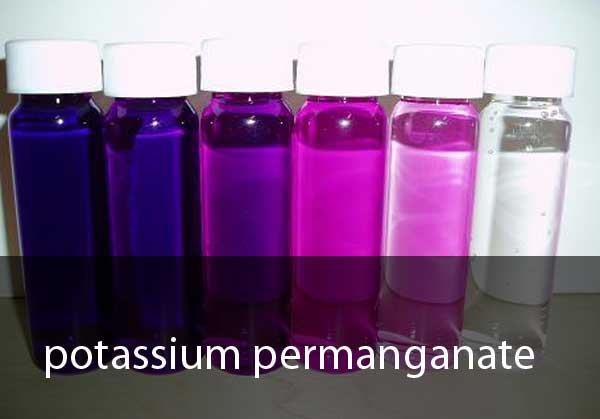

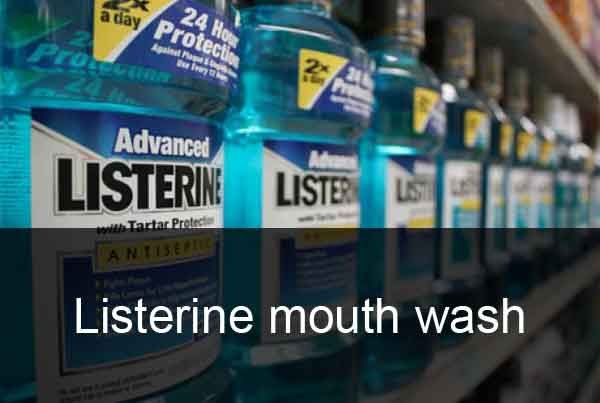
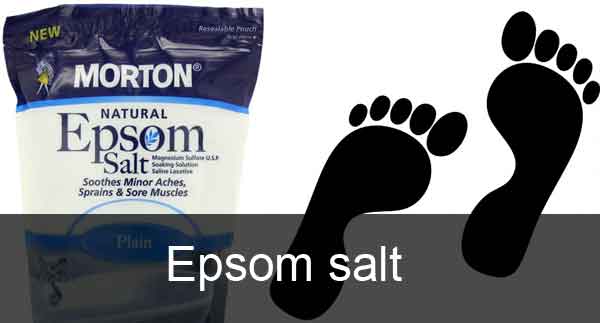
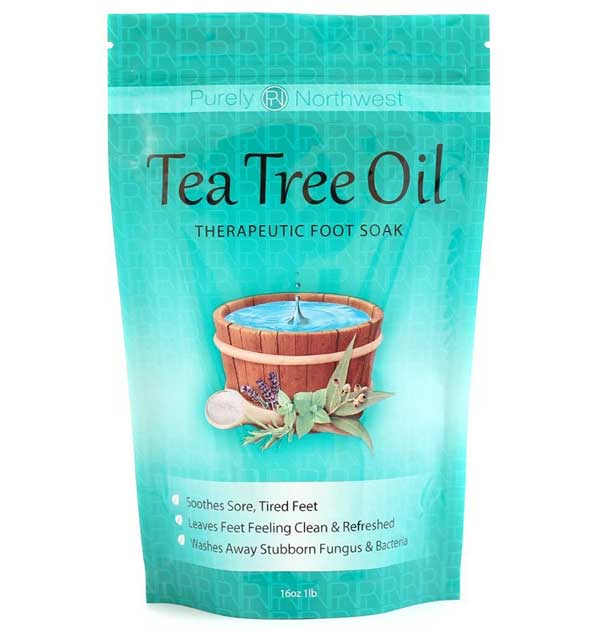
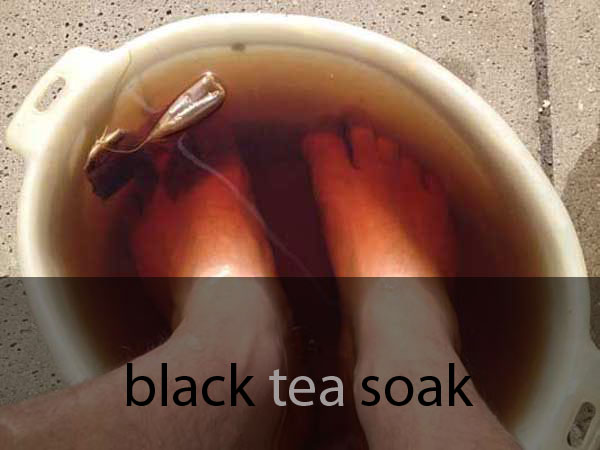
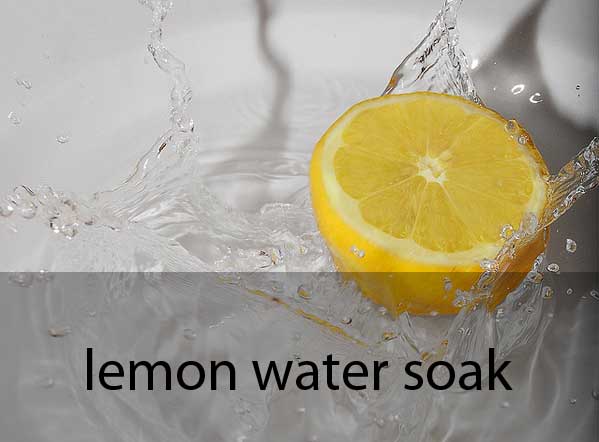
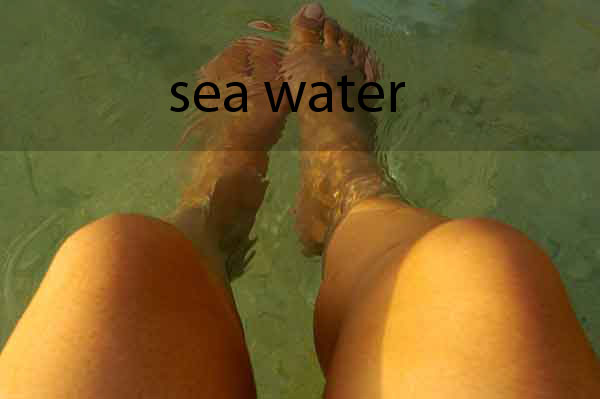
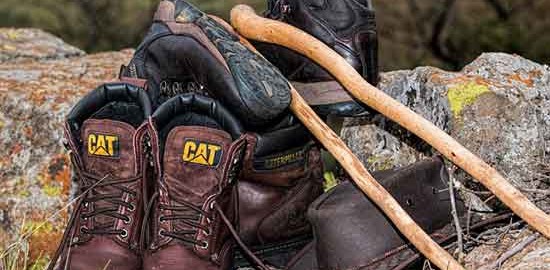

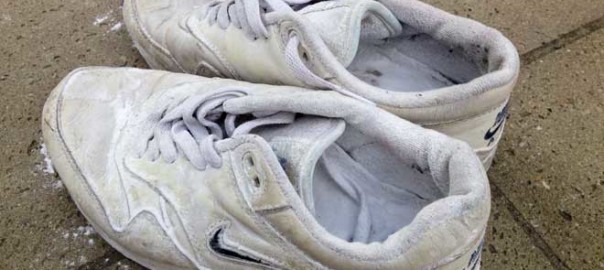
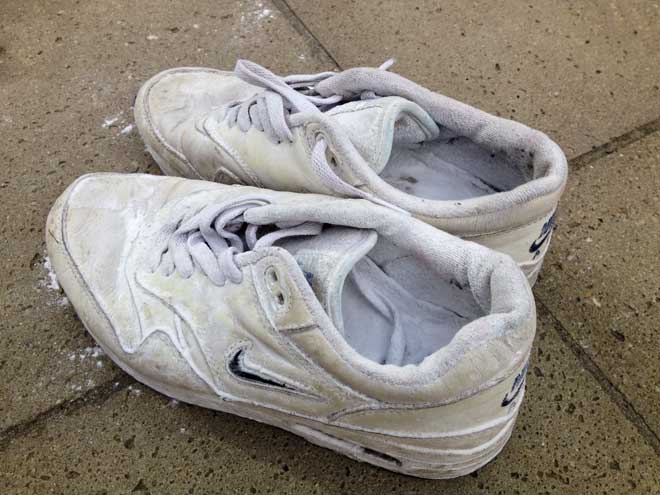
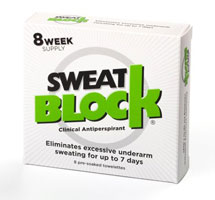 pros
pros 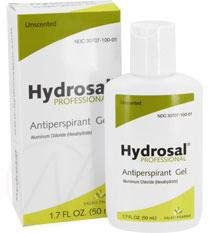 pros
pros